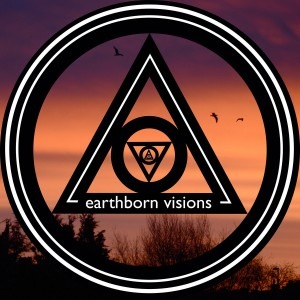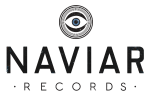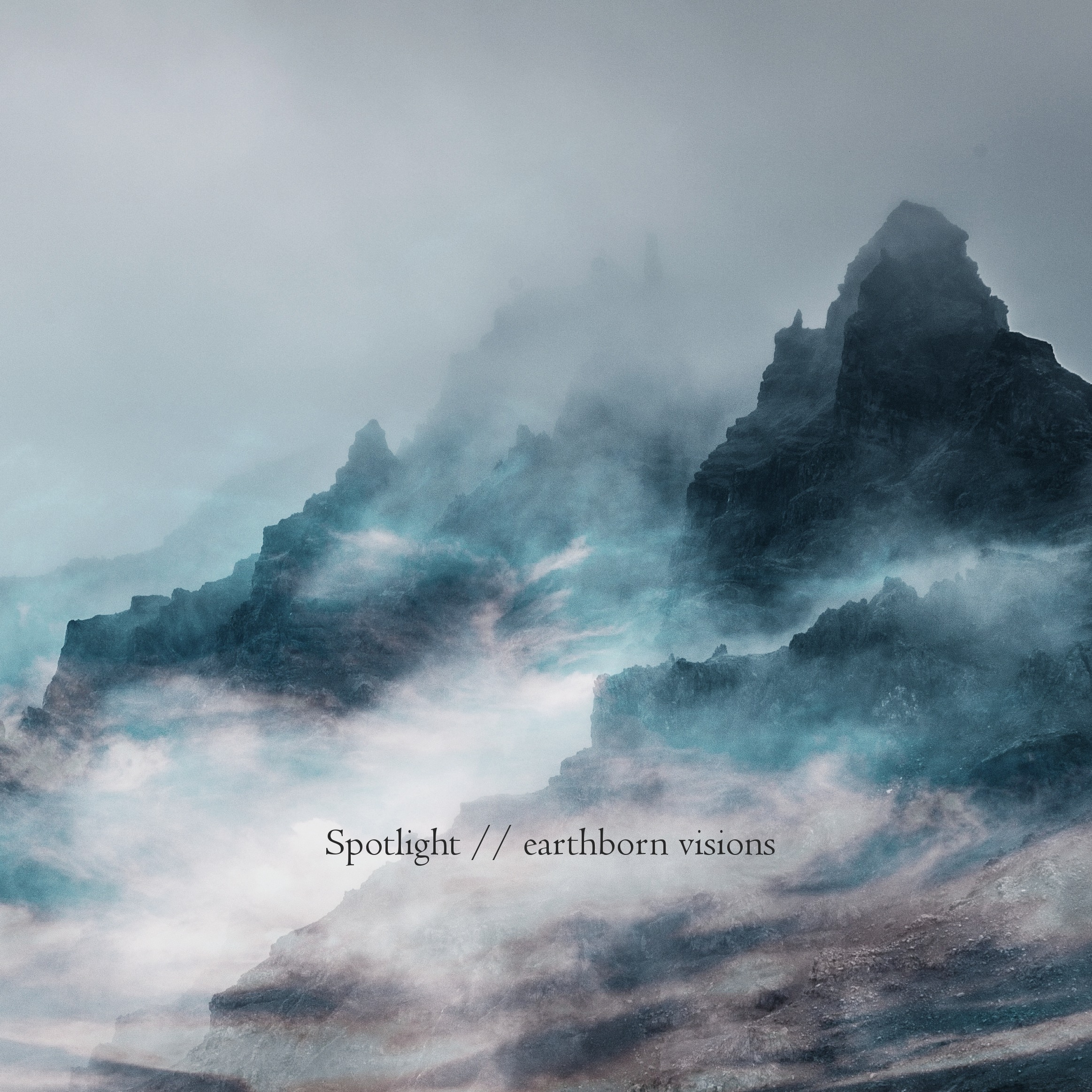Last week Naviar released relief. silence comes, a compelling and challenging experimental album by earthborn visions, which have already received some extremely positive reviews. In this episode of Spotlight we have a chat with Mike Sweeney (aka earthborn visions) about his creative process, music equipment and future projects.
There’s a fine balance between field recordings and melody in your music: would you like to start by telling us about your background and how you started making music?
My earliest memories of making music come from when I was maybe 6 or 7, trying to pick out Beatles’ melodies on a tiny glockenspiel. To my ears, I was playing a note-perfect rendition of ‘Yellow Submarine’, but I’m sure to more discerning listeners it was just a horrible noise! Ten years or so later I got my first guitar, a Casio keyboard and a Tascam four-track cassette recorder. I realised swiftly that, despite us both sharing the same birthday and both being left handed, Jimi Hendrix’s legacy was safe from being eclipsed by my playing! Unfortunately technical proficiency was never going to be achieved without a ridiculous amount of practise - I was too impatient to make a noise!
I’ve always been fascinated by the ‘sound’ of records, loving weird effects, tape loops, phasing, backwards masking etc. ‘Revolution 9’, ’Tomorrow Never Knows’, early Pink Floyd, Steve Reich’s ‘It’s Gonna Rain’, Zappa, Acid Mothers Temple… the list is endless. When computers started to become useable to make music it was a revelation - I evolved from Octamed on the Amiga via various DAWs to my current setup with Logic. The possibilities are limitless and, luckily, I no longer have to splice bits of tape with a razor blade! I guess I’ve fallen into experimental / ambient music because it allows me to play with technology and it actively encourages weird noises!
I’d like to know more about your creative process and equipment: how do you start a new composition? Do you combine digital and analog instruments?
I used to have loads of outboard gear: compressors, EQs, reverbs, guitar pedals etc. but a couple of years ago I sold most of it on ebay and moved to a more ‘in the box’ setup. Pretty much everything I do now is through Logic and software instruments. I still dust down my guitar and bass or get out a microphone and put them through a compressor, but 90% of what I do is via my Novation keyboard.
There’s a 101 ways that I start a new track - it could be a field recording that I start to process and like the sound of, it could be a guitar riff, a melody, a synth that I like the sound of, hearing something I want to imitate, etc. I tend to adopt a similar approach for a few tracks, but then I get bored and move onto something else. I’m still at the stage of trying to discover ‘my’ sound, but I think I’m too interested in variety to ever settle fully into an obvious groove.

You’re a regular contributor to the Haiku challenge: in your opinion, how are music and poetry (especially haiku poetry) linked together? What inspires you about the combination of these two fields?
Yes, thanks for the weekly inspiration - I look forward to checking the Naviar blog on a Wednesday and then trying to work out how to put music to the words. I guess haikus and music, particularly ambient music, can both convey emotion and ideas in a very simple, direct way. The best haikus from writers like Matsuo Bashō summon up beautiful imagery and put forward complex concepts in just 3 lines and 17 syllables. Good, interesting ambient music can do a similar thing, get one thinking without being too obvious or literal.
Your music was recently described as “punk ambient” by Eclectrocasts Radio Podcast, because of your use of distortion and delay, which combined together give the impression of a constantly evolving soundscape: do you agree with this description? When making a new composition, what is the result you try to achieve?
Thanks, I loved that description! I come from more of a sixties-ish, guitar-based kind of background so my knowledge of ‘ambient’ is close to zero. Yes, I’ve listened to a few Brian Eno albums but, beyond that, I’m a complete naïf. This has caused a few problems - I’ve little to no understanding of the conventions of the genre so sometimes my tracks have been a bit too hybrid without an identity. However, I try to bring some originality - different ingredients like distortion and unexpected sounds rather than just the ubiquitous heavy reverb that seems to be a favourite of the genre. I’m not that interested in new age / meditative / journeys through space-type of ambient, so it was kind of cool getting a separate category! To twist Eno’s famous ambient definition, I’m striving to make tracks that veer more towards the ‘interesting’ rather than the ‘ignorable’ end of the spectrum.
I know you’re an avid reader and music listener: are there any books or albums you’d like to recommend to Naviar’s community?
Wow, a tough question, how long do you have?! I’ve just looked at iTunes on my computer - there’s well over 2000 albums on there, but a grand total of ZERO is categorised as ‘ambient’! The closest I get is something like Tangerine Dream’s ‘Zeit’, which I suppose is an ambient album before Eno coined the term. I love that whole German scene from the late 1960s onwards… Can, Neu!, Popol Vuh, Ash Ra Tempel, etc. I really like that blend between electronic / analog and conventional / experimental music.
Similarly, I’m a big fan of Max Richter’s works - I love the way he takes classical music and combines it with, in his words, the extra ‘colours’ of technology. His recent ‘Three Worlds: Music from Woolf Works’ is stunning. I saw him do ‘Sleep / Blue Notebooks’ at RNCM last May - it was fascinating watching him play live using a Mac / Kontakt alongside a narrator and a string quartet, a brilliant fusion of sound.
My listening tastes tend to run to sixties-ish garage / psychedelic music and, living near Liverpool, there’s plenty of brilliant local proponents of the cause who I’ve seen live recently. The Wicked Whispers, Serpent Power and She Drew The Gun are all fantastic and well worth a good, long listen.
I’ve been reading loads of music-related books recently. The highlight has to be ‘Where the Heart Beats’ about John Cage, Zen and indeterminate / random musical composition (amongst lots of other things) - absolutely amazing! Honourable mentions should also be made for Sylvia Massy’s ‘Recording Unhinged’, a great book about unconventional recording techinques and ‘Sonic Wonderland’ by Trevor Cox, a fascinating, almost academic look at how sound is made and altered by environments.
And lastly, what are your projects for 2017?
Since I finished ‘Relief. Silence Comes.’ I’ve been moving in more of a ‘dark ambient’ direction, so I’d like to see where that path leads. Trying to create my own music is an amazing process because I keep finding loads of brilliant music to listen to - it keeps opening new doors and giving me great new artists to discover.
I’ve recently started working on a collaboration with a Swedish band, so it’ll be interesting to see how that develops. Collaborations are something I’d like to do more of, particularly if there’s a bit of a juxtaposition in styles.
Since ‘going public’ with earthborn visions last May (after years of hiding in my home studio), it’s been a really positive experience - I’ve had lots of great interactions with some really talented artists and listeners. I’d like this to continue throughout 2017 - extend my listening and playing reach and hopefully make some cool music as the year progresses.
Relief. silence comes is available on digital and limited edition cassette: to buy a copy, click here.
Here's where you can find more info about earthborn visions:
Soundcloud https://soundcloud.com/earthborn_visions

